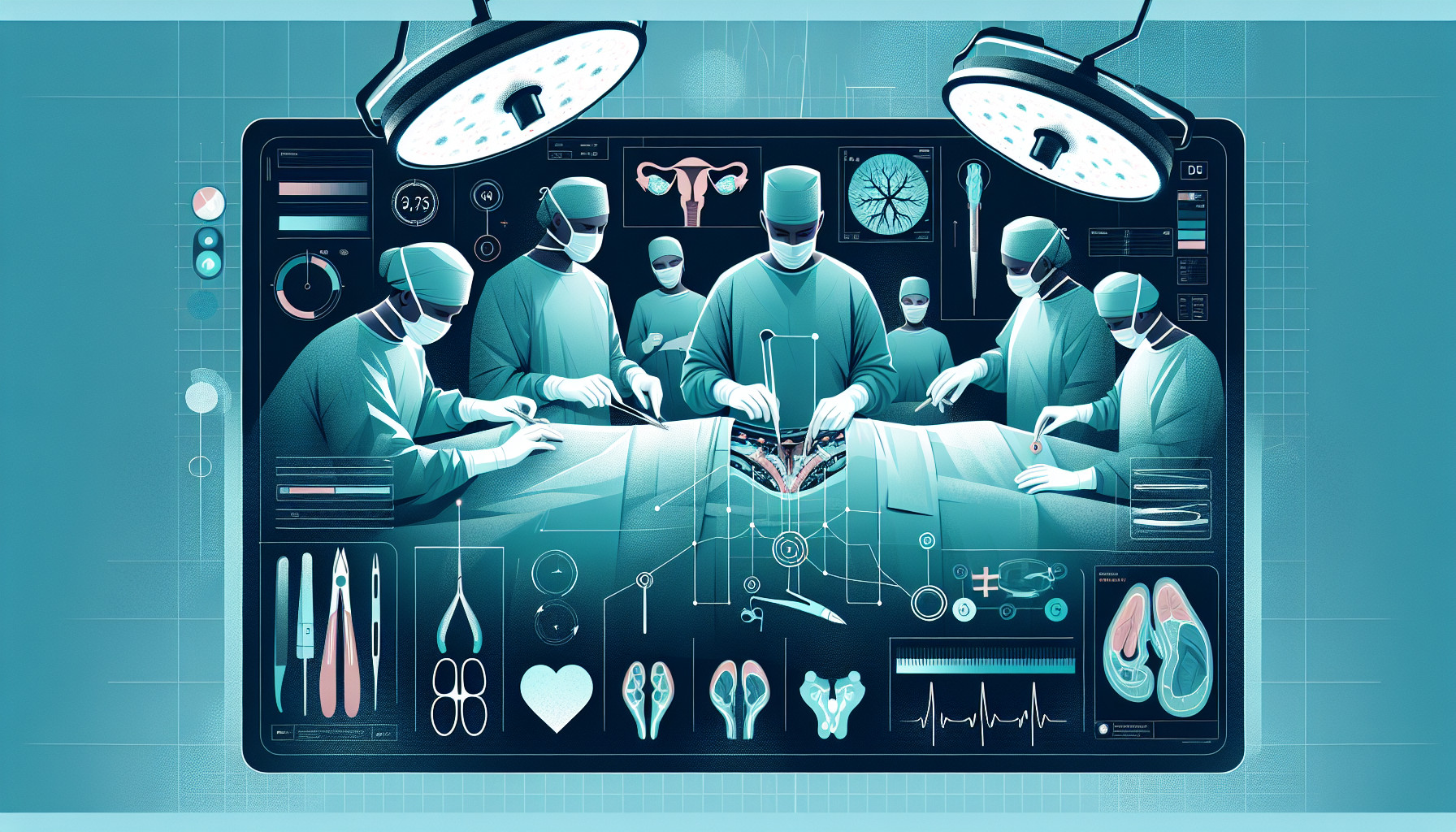Our Summary
This research paper talks about the impact of hormonal therapy and gender-affirming surgeries on the future fertility of transgender individuals. The treatments can affect their ability to have biological children using their own eggs or sperm. The review examines how hormone treatment affects fertility, the current and experimental methods of preserving fertility in transgender adults, such as freezing sperm for trans women and eggs for trans men, and also looks at options for young transgender individuals, like freezing testicular and ovarian tissue. The paper highlights that transgender patients often face obstacles and don’t receive adequate advice about preserving fertility. It recommends that doctors should discuss these options with transgender patients before they start hormone therapy or have gender-affirming surgery.
FAQs
- What are the potential impacts of hormonal therapy and gender-affirming surgeries on fertility in transgender people?
- What are the available options for fertility preservation in transgender adults?
- Why is it important for physicians to counsel and discuss fertility preservation options before transgender patients undergo hormone therapy or gender-affirmation surgery?
Doctor’s Tip
A doctor may advise a patient undergoing testicular surgery to consider fertility preservation options before the procedure, as the surgery could potentially impact their future fertility. This may include discussing sperm cryopreservation as a way to preserve the ability to have biological children in the future. It is important for transgender patients to have open and honest discussions with their healthcare providers about their fertility preservation options before undergoing any procedures that could impact their reproductive abilities.
Suitable For
Testicular surgery may be recommended for transgender individuals undergoing gender-affirming surgeries, such as transmen who are undergoing phalloplasty or metoidioplasty. These surgeries involve the removal of the ovaries and uterus, and in some cases, the removal of the testes. In such cases, fertility preservation through sperm cryopreservation may be recommended before undergoing surgery. Additionally, individuals with testicular cancer may undergo testicular surgery to remove cancerous tissue, and fertility preservation options may be discussed before surgery.
Timeline
- Before testicular surgery:
- Patient decides to undergo testicular surgery as part of their gender transition journey.
- Patient consults with healthcare provider to discuss the procedure, risks, and potential outcomes.
- Patient may undergo hormone therapy to prepare for surgery, which can have negative effects on fertility.
- Patient may be counseled about fertility preservation options, such as sperm cryopreservation.
- During testicular surgery:
- Patient undergoes the surgical procedure to remove one or both testicles.
- Surgery is typically performed under general anesthesia and can take several hours.
- Patient may experience pain, swelling, and discomfort in the days following surgery.
- Patient may be prescribed pain medication and instructed on how to care for the surgical site.
- After testicular surgery:
- Patient may have follow-up appointments with their healthcare provider to monitor healing and recovery.
- Patient may experience physical and emotional changes as a result of the surgery.
- Patient may begin hormone therapy or other treatments to continue their gender transition journey.
- Patient may be referred to a fertility specialist if they are interested in using their own gametes for future fertility options, such as sperm retrieval or testicular tissue cryopreservation.
What to Ask Your Doctor
- What are the potential risks and benefits of testicular surgery for my specific situation?
- Will the surgery affect my fertility in the future?
- Are there any alternative options to surgery that I should consider?
- How long is the recovery time after the surgery?
- What kind of follow-up care will I need after the surgery?
- Are there any potential complications or side effects associated with the surgery?
- Will I need to make any lifestyle changes or adjustments after the surgery?
- How will the surgery impact my overall health and well-being?
- Are there any specific risks or considerations for transgender individuals undergoing testicular surgery?
- What are the success rates of this surgery for patients in similar circumstances to mine?
Reference
Authors: Neblett MF 2nd, Hipp HS. Journal: Endocrinol Metab Clin North Am. 2019 Jun;48(2):391-402. doi: 10.1016/j.ecl.2019.02.003. Epub 2019 Mar 23. PMID: 31027547
